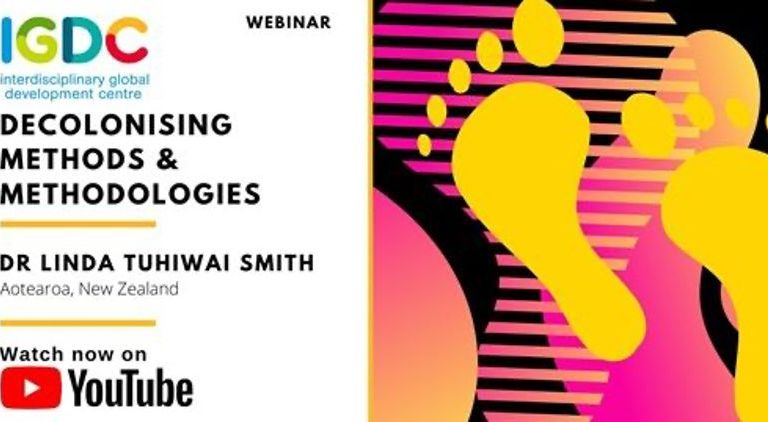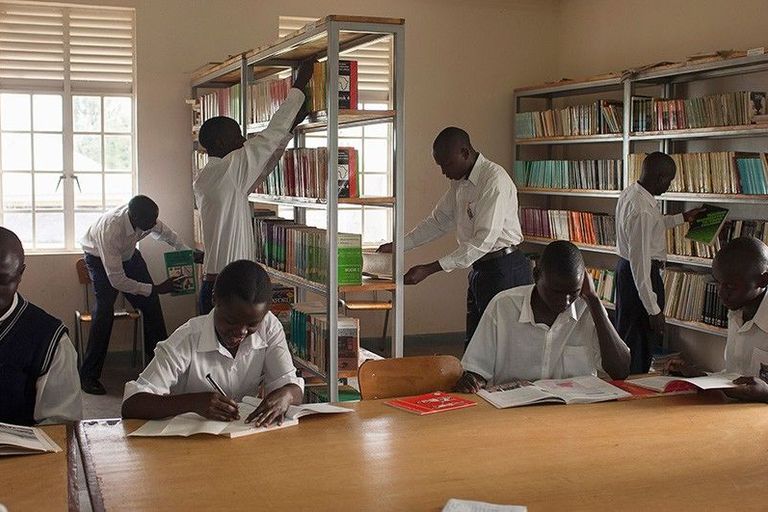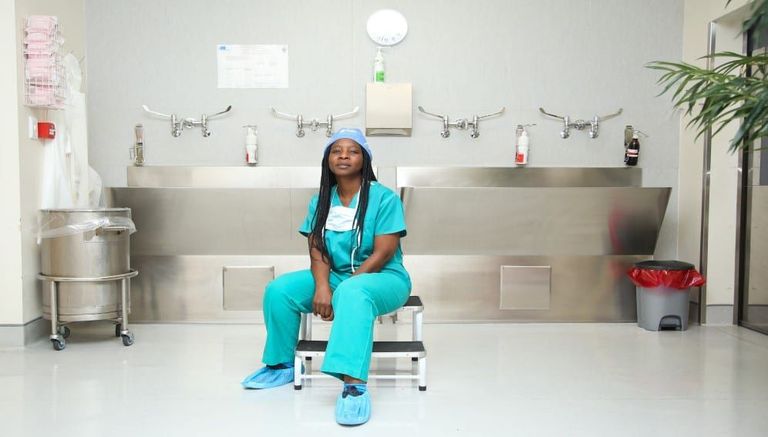Dazu gehört

Decolonising Methods and Methodologies - Dr Linda Tuhiwai Smith
In this recorded lecture of the Interdisciplinary Global Development Centre at York University, Dr Tuhiwai Smith discusses decolonising research methods and provides reflections regarding the practical conduct of social science research methods. She talks about how to navigate and resist colonial legacies of knowledge production and resist extractivist models.

Masakhane MT: Decolonise Science
Many words common to science have never been written in African languages. Now, researchers from across Africa are changing that.
Bild: Credit: Eye Ubiquitous/Alamy

